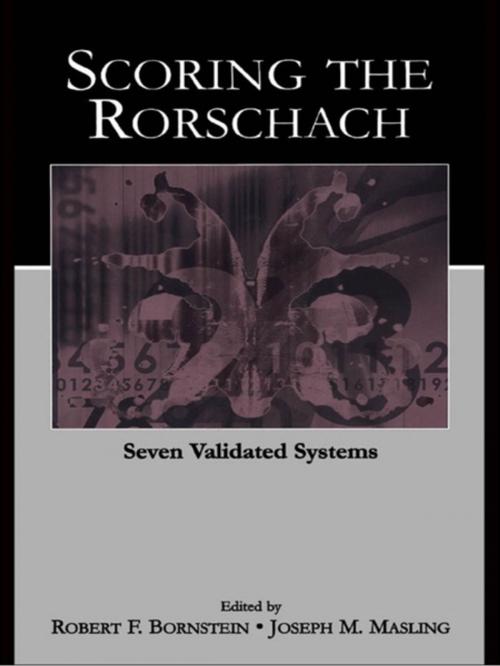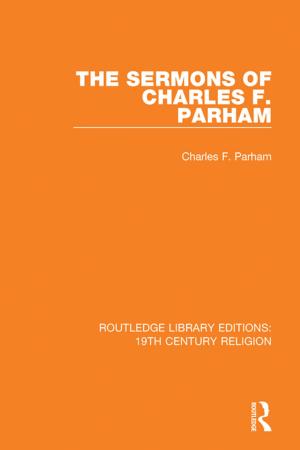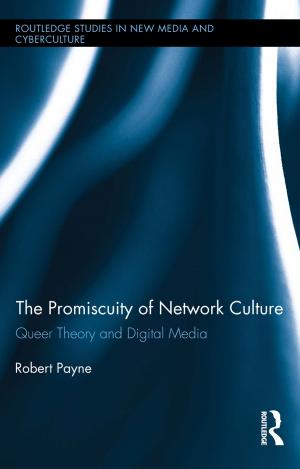Scoring the Rorschach
Seven Validated Systems
Nonfiction, Health & Well Being, Psychology, Forensic Psychology, Clinical Psychology, Mental Health| Author: | ISBN: | 9781135704568 | |
| Publisher: | Taylor and Francis | Publication: | March 23, 2005 |
| Imprint: | Routledge | Language: | English |
| Author: | |
| ISBN: | 9781135704568 |
| Publisher: | Taylor and Francis |
| Publication: | March 23, 2005 |
| Imprint: | Routledge |
| Language: | English |
Exner's Comprehensive System has attracted so much attention in recent years that many clinicians and personality researchers are unaware that alternative Rorschach scoring systems exist. This is unfortunate, because some of these systems have tremendous clinical value. Scoring the Rorschach: Seven Validated Systems provides detailed reviews of the best-validated alternative approaches, and points to promising new paths towards the continued growth and refinement of Rorschach interpretation.
The editors set the stage with an extended introduction to historical controversies and cutting-edge empirical methods for Rorschach validation. Each chapter presents a different Rorschach scoring system. A brief history is followed by detailed information on scoring and interpretation, a comprehensive summary of evidence bearing on construct validity, and discussion of clinical applications, empirical limitations, and future directions. A user-friendly scoring "manual" for each system offers readers practical guidance.
The systems tap a broad array of content areas including ego defenses, thought disorder, mental representations of self and others, implicit motives, personality traits, and potential for psychotherapy.
All psychologists seriously engaged in the work of personality assessment will find in this book welcome additions to their professional toolkits.
Exner's Comprehensive System has attracted so much attention in recent years that many clinicians and personality researchers are unaware that alternative Rorschach scoring systems exist. This is unfortunate, because some of these systems have tremendous clinical value. Scoring the Rorschach: Seven Validated Systems provides detailed reviews of the best-validated alternative approaches, and points to promising new paths towards the continued growth and refinement of Rorschach interpretation.
The editors set the stage with an extended introduction to historical controversies and cutting-edge empirical methods for Rorschach validation. Each chapter presents a different Rorschach scoring system. A brief history is followed by detailed information on scoring and interpretation, a comprehensive summary of evidence bearing on construct validity, and discussion of clinical applications, empirical limitations, and future directions. A user-friendly scoring "manual" for each system offers readers practical guidance.
The systems tap a broad array of content areas including ego defenses, thought disorder, mental representations of self and others, implicit motives, personality traits, and potential for psychotherapy.
All psychologists seriously engaged in the work of personality assessment will find in this book welcome additions to their professional toolkits.















